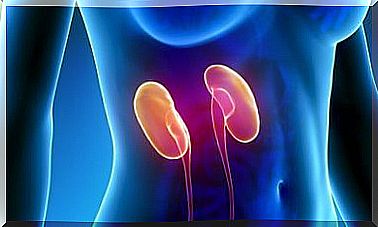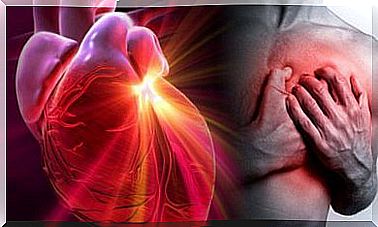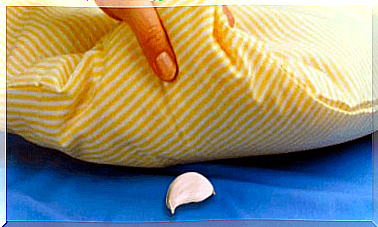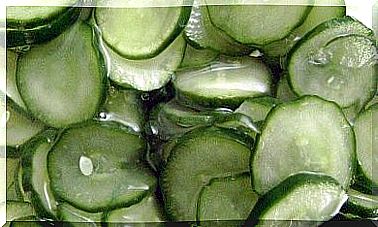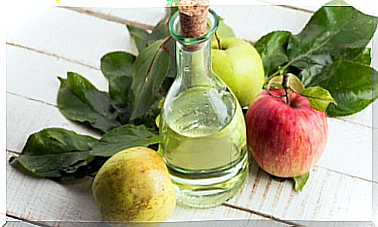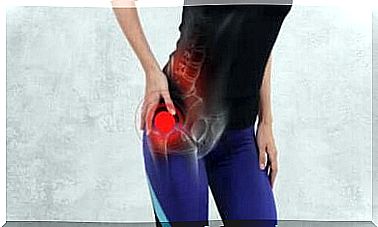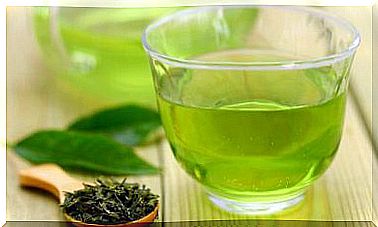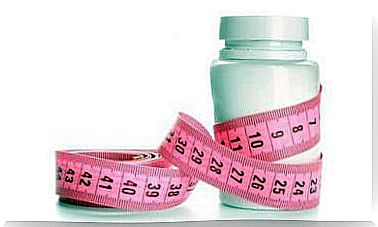Diverticulitis And Diverticulosis – What Is It And What Treatments Are There?
Diverticulitis usually has no symptoms until it becomes chronic. Presumably, a poor diet over a long period of time can be the trigger for this disease.
The sac-shaped protuberances on the intestinal wall are called diverticula. If these become inflamed, diverticulitis or diverticulosis can occur. In this post you will learn interesting facts about these diseases.
Interesting facts about diverticulitis
Weak spots in the intestinal wall can cause the mucous membrane to bulge outwards, which can then collect feces and form fecal stone, which leads to irritation of the intestinal mucosa.
Usually people over the age of 60 are affected, the exact cause is unknown.
It is believed, however, that poor nutrition over a long period of time could be a trigger. Insufficient fiber, chronic constipation, and the consumption of processed and refined foods could be to blame.
Diverticulitis is usually only diagnosed when the disease is already chronic, as there are usually no symptoms or pain before that.
Colic or lower abdominal discomfort can occur, but these are often explained by other reasons or not taken seriously enough. Once the disease has progressed, the following symptoms may appear:
- Blood in the stool
- Discomfort as well as bloating in the abdomen
- fever
- chills
- Increased sensitivity in the lower abdomen
- Nausea and nausea
- Loss of appetite
- Lower back pain
Interesting facts about diverticulosis
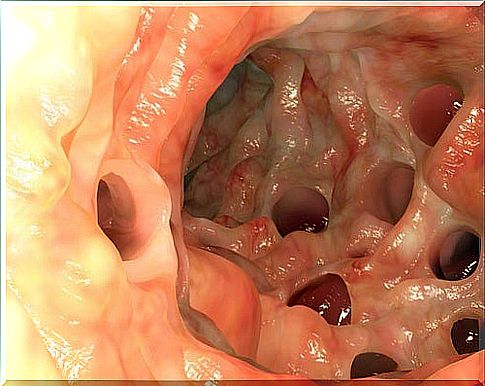
In this case, the diverticula obstructs the correct emptying of the bowels, and debris builds up in the bowel.
If stool debris builds up in the large intestine, there is a risk of general poisoning. As a result, a wide variety of diseases can arise. The infection can also spread to neighboring organs and the peritoneum.
Causes of diverticulosis are:
- Unbalanced diet with pollutants and irritating substances.
- Weak bowel muscles due to obesity, constipation or delaying defecation.
- Sedentary lifestyle, bad habits and a lack of exercise.
- Emotional problems: negativity, stress, pressure and feelings of fear.
Symptoms for diverticulosis are:
- chronic constipation
- Pain when emptying
- distended abdomen
- hard chair
- Flatulence
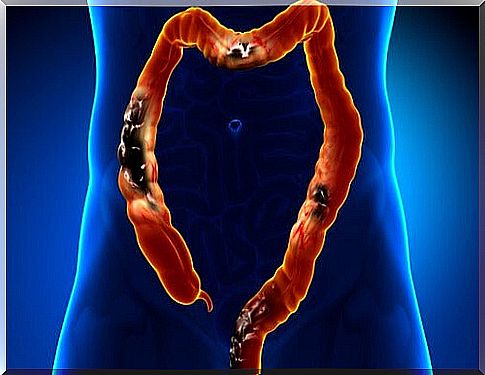
The best natural remedies for diverticulosis and diverticulitis
Not only should you change your eating habits and start exercising – there are several natural remedies that can be helpful in treating these conditions. The best natural remedies are:
linseed
Flaxseed and flaxseed meal contain a lot of valuable fiber. Don’t forget to grind the flaxseed and let it soak first so that it really benefits and doesn’t worsen the symptoms.
You can take 1 tablespoon of ground flaxseed with breakfast and another at bedtime in combination with plenty of water.
However, this home remedy is not suitable for pregnant women , nor for people who suffer from blood disorders or intestinal obstruction.
Wheat bran
Wheat bran is also characterized by a lot of fiber. It can help with constipation and improve stool quality. You can then take this in bread. You can also take wheat bran in combination with the following foods:
- Pies
- Soups
- Salads
- Shakes
- Fruit juices
chamomile
This very popular medicinal herb has the ability to relieve gas and reduce symptoms of diverticulitis and diverticulosis. The best thing to do is to prepare a chamomile tea.
ingredients
- 1 tablespoon of chamomile flowers (3 g)
- 1 cup of water (250 g)
preparation
Scald the chamomile flowers with the boiling water , let it steep for a few minutes, strain and then drink. If desired, the tea can be sweetened with honey, because this also has an anti-inflammatory and antiseptic effect.
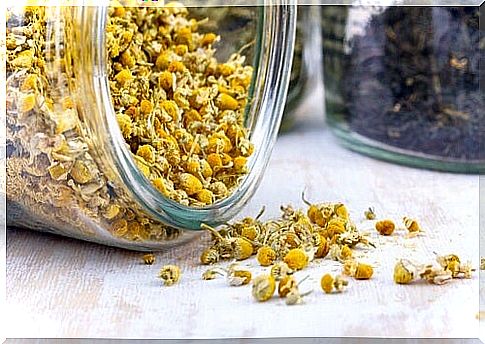
peppermint
This is an excellent medicinal plant for various stomach and intestinal ailments. It’s best to have a cup of mint tea after main meals to relieve gas, stomach ache, and nausea.
We recommend up to 3 cups a day.
ingredients
- 1 tablespoon of peppermint leaves (3 g)
- 1 cup of water (250 g)
preparation
Scald the mint with the boiling water , let it steep for a few minutes, strain and then drink. If desired, sweeten with honey or stevia. If you suffer from heartburn, you should avoid this tea.
oregano
This aromatic plant reduces intestinal infections. You can use them as a spice in the preparation of your meals, as well as prepare oregano tea.
ingredients
- 1 tablespoon of fresh oregano leaves (3 g)
- 1 cup of water (250 ml)
The preparation is then carried out as described for the other types of tea.
thyme
Thyme contains valuable fiber, these are not only found in seeds. In addition, this aromatic and medicinal herb has a pain-relieving, antispasmodic and anti-inflammatory effect.
It is therefore an excellent cure for diverticulum disease. Use thyme in salads, soups, or sauces.
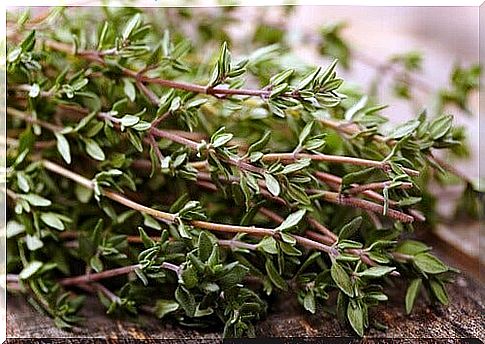
turmeric
Turmeric is also known as “Indian saffron” and turmeric, and it is used in particular in curry mixes.
It has an anti-inflammatory effect, but is used in small quantities because this spice increases body temperature and tastes very intense.
This spice also helps excellently with flatulence caused by diverticulitis.
Apples
Apples taste wonderful and are very healthy! They contain both soluble and insoluble fiber and promote the proper functioning of the gastrointestinal tract.
Diverticulitis patients are also recommended to eat apples with the peel, whether raw or cooked. Eat small pieces to make digestion easier.
Plums
Both fresh fruit and prunes are recommended. This is a well-known home remedy for constipation. They are high in fiber and can be very helpful for diverticulitis.
Plums help regulate bowel movement and also encourage the formation of soft stools.
Which foods should you avoid with diverticulitis or diverticulosis?
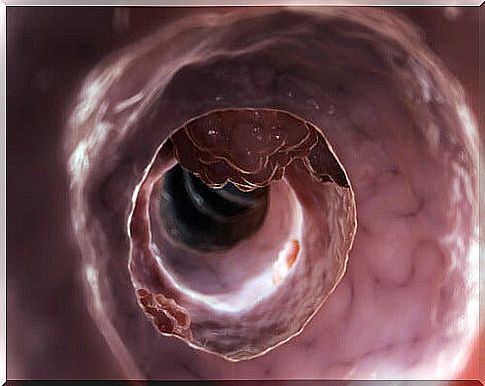
You should better avoid these foods :
- Whole seeds
- Strawberries
- Popcorn
- sesame
- Pomegranates
- Blackberries
- Raspberries
- coffee
- chocolate
- Soft drinks
- processed foods
- refined flour and sugar
